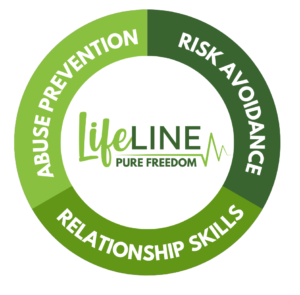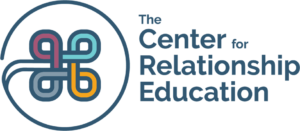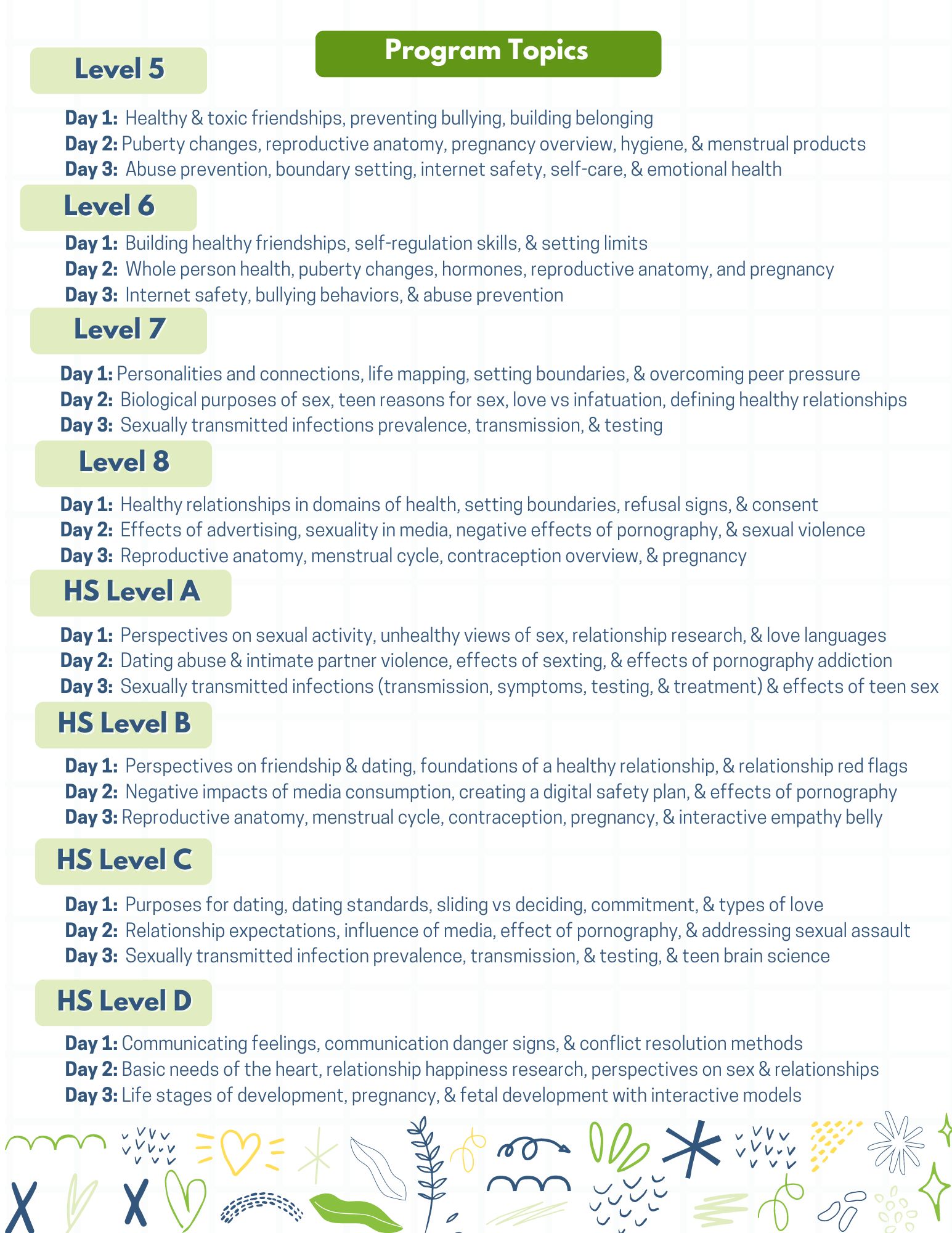PARENTS: What to expect?
As a parent, your child’s physical and emotional health is your top priority. You may wonder what they will learn by participating in the Pure Freedom program. Watch the video below to have an overview of what to expect!
Parent Q&A session
The program educators host a 15 minute parent Q&A webinar every Monday at 12:15 p.m. You are invited to join to learn more about the program and the topics that will be covered. Questions can be asked live or via chat to be answered by our team.
Register to Attend the Parent Q&A
What is Pure Freedom?

Lifeline’s Pure Freedom program is a relationship, sexual abuse prevention, and sexual risk avoidance education program. The program takes the form of a three-day workshop offered to 5th through 12th grade. Pure Freedom utilizes this model to help students understand what real love is, how to set healthy boundaries in relationships both physically and digitally, how to identify abuse, how the human body works, how STDs spread, focusing on future goals and dreams, and ultimately how valuable they are.
The program model also focuses on relationship skill building. Students learn information on subjects such as how to distinguish healthy relationships from toxic ones, understand consent, and recognize self-worth. Our certified educators believe youth are capable of making healthy decisions when given the information to do so, such as delaying sexual initiation and treating others with respect.

Pure Freedom uses the evidence-based Real Essentials curriculum from the Center for Relationship Education. It was built on five theoretical frameworks, national health education standards, and research on healthy relationships. This curriculum is activity-based, meaning that students are actively engaged in learning activities that make the experience both fun and memorable. Each educator is certified in the curriculum model.
What topics do you cover with my student?
We cover a wide variety of topics, including:
- Healthy friendship, and consequently, relationship skills
- Identifying abusive relationships
- Internet and media safety
- Harmful effects of pornography on the brain, as well as on relationships and society
- Personal goal setting
- Reproductive anatomy
- Sexually transmitted diseases also called sexually transmitted infections
- Puberty and hygiene
All topics are appropriately tailored to the age group being spoken to.
What do Students Say?
What Content is Covered in Each Level?
